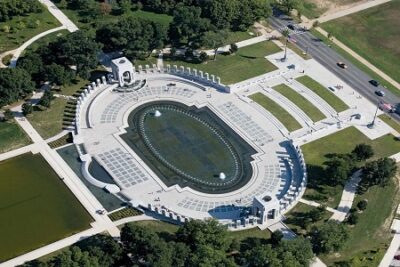Time of Remembrance and Reconciliation for Those Who Lost Their Lives During the Second World War

The UN General Assembly declared 8–9 May 2004 a time for remembrance and reconciliation by resolution 59/26 of 22 November 2004, acknowledging that individual Member States may celebrate their own days of victory, liberation, and commemoration. To honor all of the victims of the Second World War, Member States, United Nations organizations, non-governmental organizations, and individuals were invited to observe either one or both of these days annually in an appropriate manner.
It serves as a solemn reminder of the profound impact this global conflict had on nations, communities, and individuals across the world. By understanding and reflecting upon the historical events that unfolded during this time, we can strive to prevent such atrocities from recurring in the future.
Historical Context
By resolution 64/257 of 2 March 2010, the General Assembly invited all Member States, United Nations organizations, non-governmental organizations, and individuals to observe 8-9 May in a manner appropriate to all Second World War victims. As part of commemorating the sixty-fifth anniversary of the end of the Second World War, the General Assembly held a special solemn meeting in the second week of May 2010.
The Second World War, which spanned from 1939 to 1945, was the deadliest conflict in human history. It involved numerous nations and resulted in the loss of an estimated 70-85 million lives, both military and civilian. The war left a lasting imprint on the world, changing political landscapes, redrawing borders, and shaping the course of history.
Read More: Important Days and Dates in May 2023
Commemoration and Remembrance
Memorial Services: Participating in memorial services and ceremonies dedicated to honoring the fallen is a meaningful way to pay tribute. These events often include wreath-laying ceremonies, moments of silence, and speeches highlighting the sacrifices made.
Visiting War Memorials: Exploring war memorials and monuments erected in memory of those who perished during the Second World War can offer a poignant experience. These physical tributes serve as reminders of the bravery and resilience displayed during challenging times.
Educational Programs: Engaging in educational programs, lectures, or exhibitions focused on the war can deepen our understanding of the conflict. By learning about the historical context, individuals can gain a greater appreciation for the sacrifices made and the lasting impact on society.

The Time of Remembrance and Reconciliation for Those Who Lost Their Lives During the Second World War holds great importance in our collective memory. By actively commemorating and engaging in initiatives that promote reconciliation, we can ensure that the sacrifices made during this tumultuous period are never forgotten. Let us strive for a world where peace and understanding prevail, and where the lessons learned from the past guide us towards a brighter future.
Remember, the Time of Remembrance and Reconciliation is not just a historical event but a continuous call to action for us all. Together, we can honor the fallen, preserve their memory, and build a world that cherishes peace and harmony.
Observer Voice is the one stop site for National, International news, Sports, Editor’s Choice, Art/culture contents, Quotes and much more. We also cover historical contents. Historical contents includes World History, Indian History, and what happened today. The website also covers Entertainment across the India and World.

